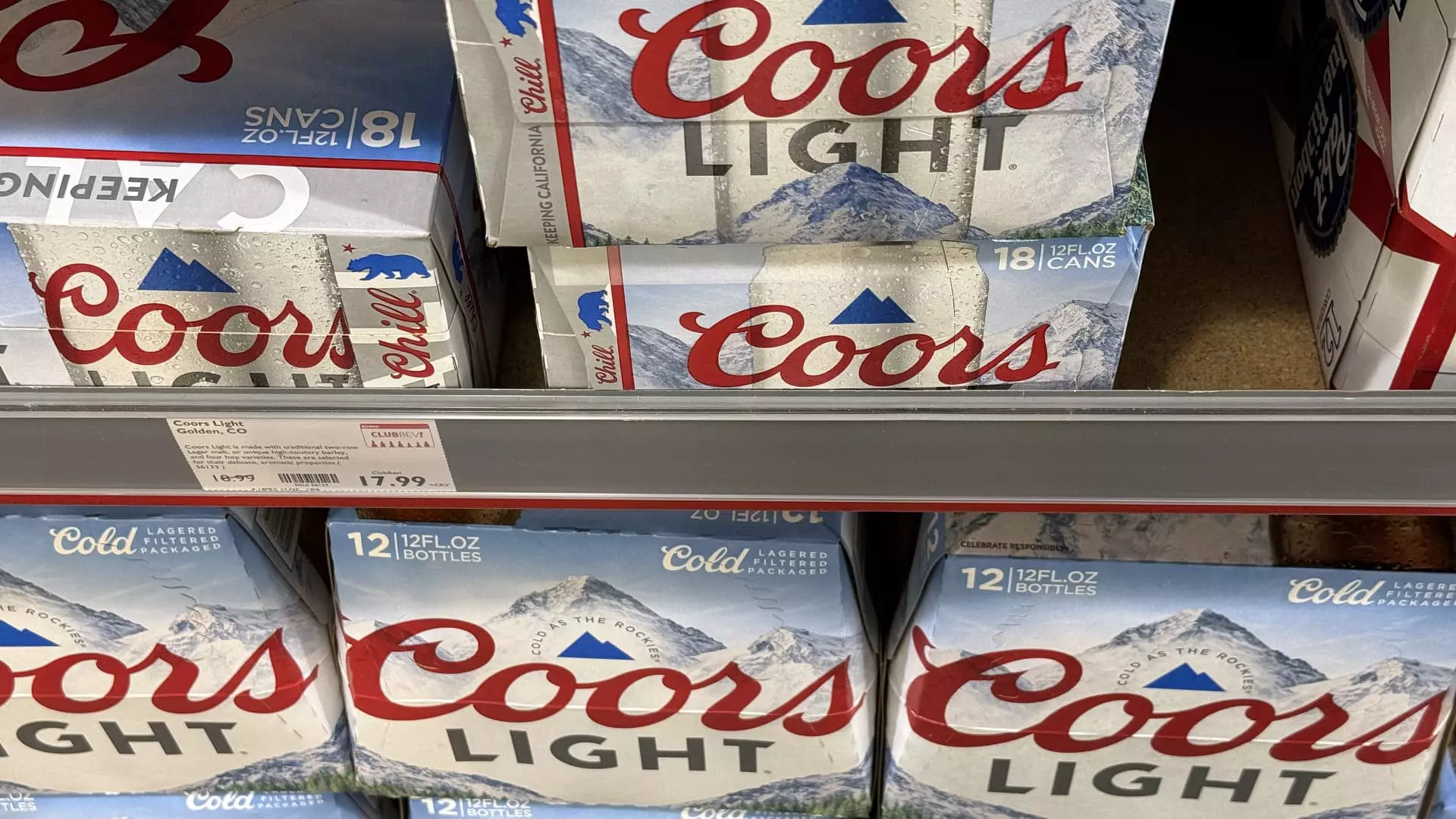Molson Coors recently made headlines with its decision to reverse its diversity, equity, and inclusion policies. The company announced that it will be eliminating supplier diversity quotas, citing external factors beyond its control as a reason for the change. This shift in strategy is significant as it marks a departure from the company’s previous initiatives aimed at promoting diversity within its supply chain.
Redefining Business Objectives
One of the key changes implemented by Molson Coors is the rebranding of Employee Resource Groups as Business Resource Groups. While the company states that the function of these groups will remain the same, the rebranding signals a shift towards a more business-focused approach to diversity and inclusion initiatives. Additionally, Molson Coors will no longer participate in voluntary third-party company rankings, such as the Human Rights Campaign’s Corporate Equality Index, which evaluates companies based on their support for LGBTQ+ individuals.
Focus on Core Business Goals
Furthermore, Molson Coors announced that its corporate charitable giving programs will now prioritize supporting core business goals, such as alcohol responsibility, disaster relief efforts, and promoting access to higher education. This change in focus reflects the company’s intention to align its philanthropic efforts with its overall business objectives. However, this shift may raise questions about the company’s commitment to supporting marginalized communities and social causes.
The decision by Molson Coors to reverse its diversity, equity, and inclusion policies has faced criticism from some quarters. Conservative activist Robby Starbuck has raised concerns about the timing of the changes, suggesting that they may be a response to external scrutiny rather than a genuine shift in strategy. Additionally, the company’s decision to move away from DEI-focused trainings and goals may raise questions about its commitment to fostering a diverse and inclusive work environment.
Molson Coors’ decision to reverse its diversity, equity, and inclusion policies comes amid a broader trend in the corporate world. Several retailers, including Tractor Supply, Harley-Davidson, and Lowe’s, have scaled back their DEI efforts in recent months. This trend suggests a growing skepticism towards diversity initiatives in some sectors, potentially fueled by societal and political developments. The landscape of corporate DEI practices is evolving, with companies reassessing their priorities and strategies in response to changing circumstances.
Molson Coors’ reversal of its diversity, equity, and inclusion policies reflects a broader shift in the corporate world towards reevaluating the role of DEI initiatives. While the company maintains that its decision is driven by a focus on business performance and core goals, critics have raised concerns about the potential impact on marginalized communities and the company’s overall commitment to diversity and inclusion. As the debate around corporate DEI practices continues, it is clear that companies will need to navigate a complex landscape of competing priorities and considerations.

